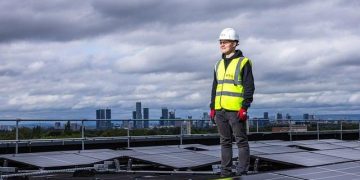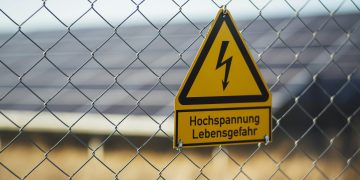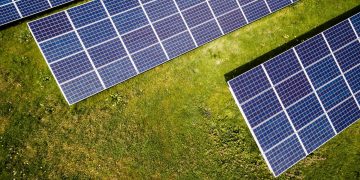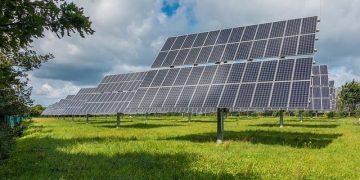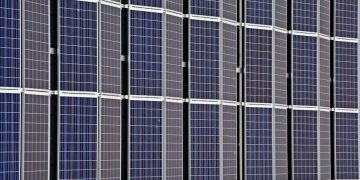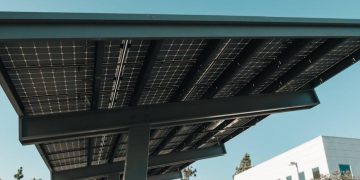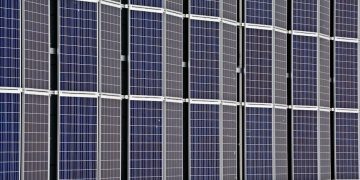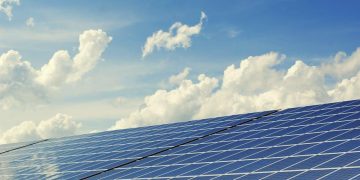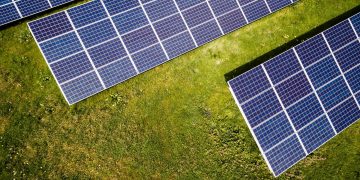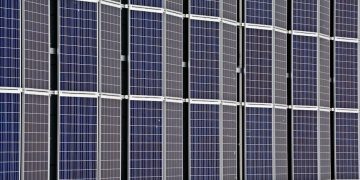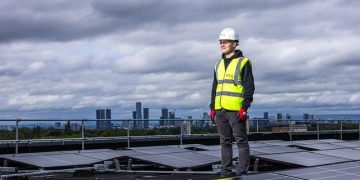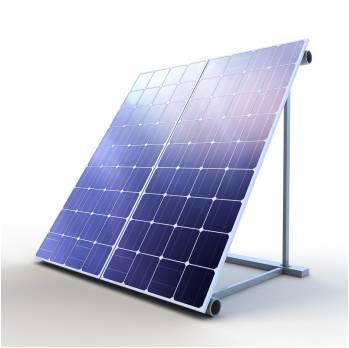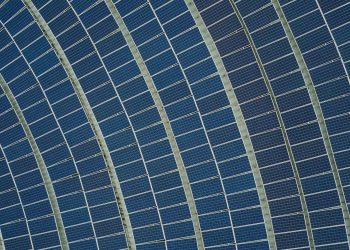In the sunlit corridors of possibility, a compelling question beams with the promise of change: Should solar panels be free for low-income households? As the world grapples with the twin challenges of climate change and economic inequality, the idea of harnessing the sun’s abundant energy to alleviate financial burdens is both revolutionary and pragmatic. Imagine a world where the warmth of sunlight not only brightens homes but also lightens the load of utility bills for those who need it most. This article delves into the multifaceted arguments surrounding this innovative proposal, exploring the potential benefits, challenges, and implications of offering solar energy solutions to those who stand to gain the most. As we journey through this illuminating topic, we seek to understand whether free solar panels could indeed be a beacon of hope for low-income households, or if the reality is more complex than it appears at first light.
Evaluating the Economic Impact of Free Solar Panels for Low-Income Families
The proposition of providing free solar panels to low-income families carries significant potential for reshaping both economic landscapes and community dynamics. Economic relief for these families can manifest in various forms, primarily through the substantial reduction in electricity bills. By alleviating energy costs, families are empowered to allocate their limited financial resources towards other essentials, such as healthcare, education, and food security. This redistribution not only supports individual household stability but can also stimulate local economies as spending patterns diversify and expand.
Moreover, the ripple effects extend beyond the immediate financial relief for families. The increased demand for solar panel installations can spur job creation in the renewable energy sector, offering employment opportunities within local communities. This can lead to the growth of small businesses and specialized training programs, further integrating sustainable practices into the economic fabric. Key potential benefits include:
- Reduction in energy poverty
- Job creation and skills development
- Enhanced energy independence and resilience
As these dynamics unfold, the broader economic impact of free solar panel initiatives could transform how energy equity is perceived and pursued, driving a more inclusive approach to sustainability.
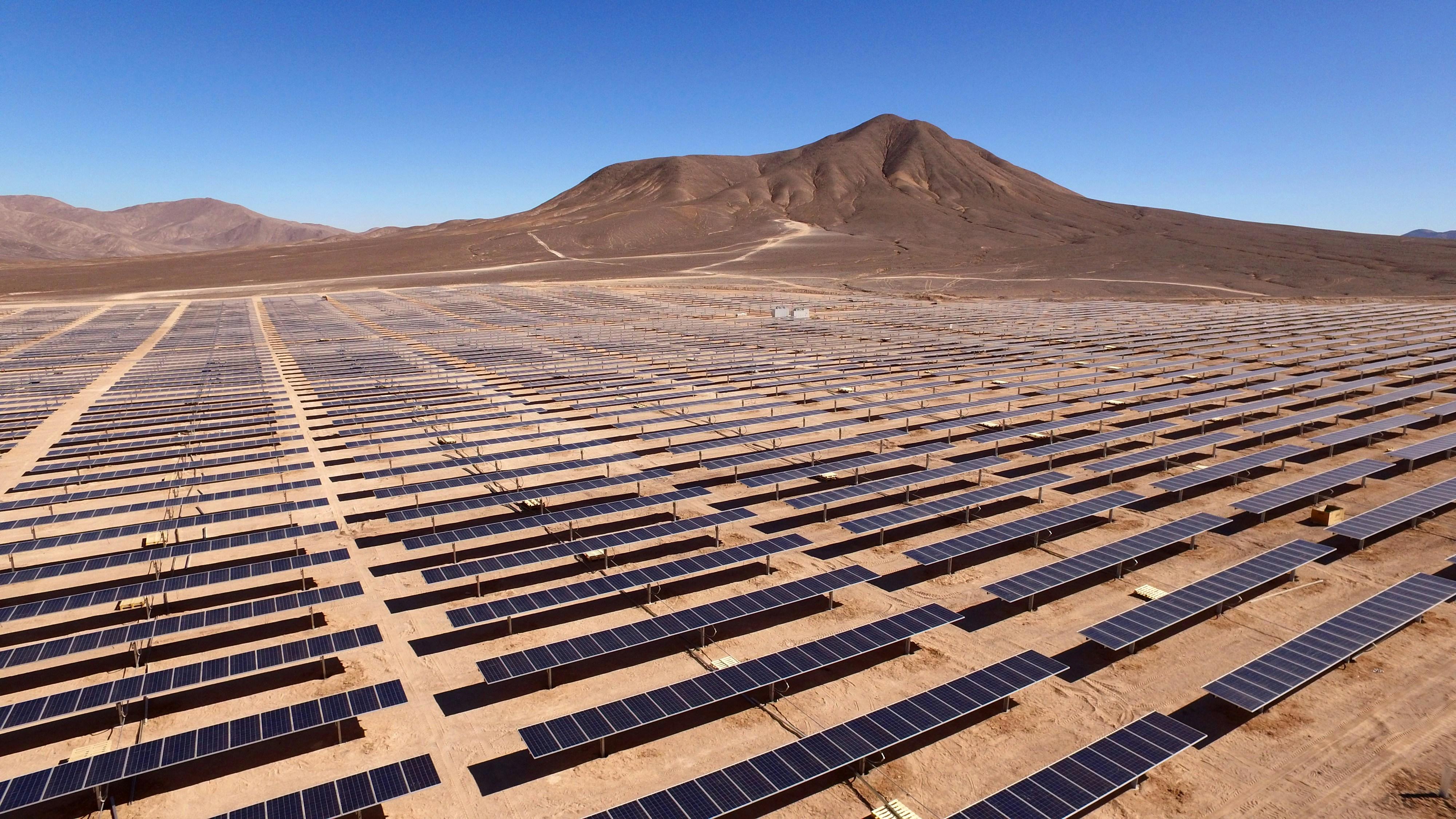
Understanding the Environmental Benefits of Expanding Solar Access
Expanding access to solar energy, especially for low-income households, can lead to a plethora of environmental advantages. Solar panels offer a clean and renewable source of energy, significantly reducing carbon emissions and dependency on fossil fuels. This shift not only contributes to a reduction in air pollution but also plays a crucial role in mitigating climate change. By making solar energy more accessible, communities can collectively work towards a more sustainable future.
- Reduction in Carbon Footprint: Solar panels help in decreasing the reliance on coal and natural gas for electricity, thereby lowering greenhouse gas emissions.
- Conservation of Water Resources: Unlike traditional power plants, solar energy systems require minimal water for operation, conserving this vital resource.
- Decreased Air Pollution: By generating electricity without burning fossil fuels, solar panels contribute to cleaner air and improved public health.
- Preservation of Ecosystems: Solar energy reduces the need for mining and drilling, thus protecting natural habitats and biodiversity.
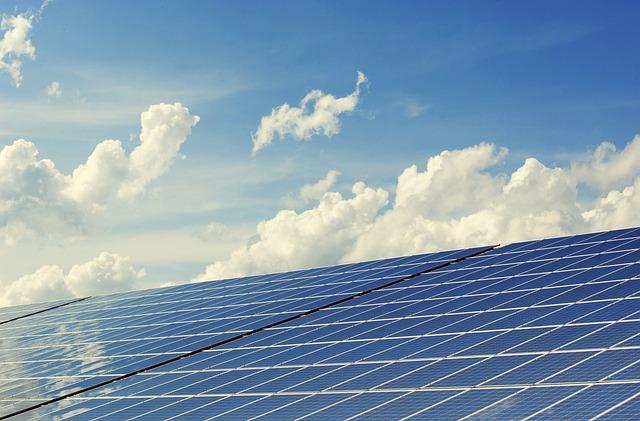
Addressing Potential Challenges in Implementing Free Solar Programs
While the vision of providing free solar panels to low-income households is undeniably appealing, several hurdles must be addressed to make it a reality. Funding is a primary concern; such initiatives require substantial financial backing from government bodies or private investors. Without a clear and sustainable funding model, these programs risk becoming short-lived or inconsistent. Additionally, logistical challenges must be considered. Implementing solar infrastructure involves not just the installation of panels, but also ongoing maintenance and education for homeowners on their use and benefits.
Moreover, community engagement is crucial. It’s essential to involve local communities in the planning process to ensure the programs meet their specific needs and concerns. There might be a need to overcome regulatory barriers, as local zoning laws and building codes can complicate or delay solar installations. Lastly, awareness and trust must be cultivated. Many low-income households may be skeptical of new technologies or wary of hidden costs, so transparent communication and education are vital to fostering acceptance and enthusiasm for solar energy solutions.

Policy Recommendations for Equitable Solar Energy Distribution
- Subsidies and Incentives: To ensure fair access to solar energy, governments should introduce targeted subsidies and incentives that significantly lower the cost of solar panel installation for low-income households. This could include tax credits, grants, or direct subsidies, making solar technology more financially accessible.
- Community Solar Programs: Implementing community solar initiatives can provide an equitable solution for those unable to install panels on their own properties. These programs allow multiple households to benefit from a shared solar energy system, often at a reduced cost, while fostering community engagement and collaboration.
- Streamlined Installation Processes: Simplifying the permitting and installation process can help reduce barriers for low-income households. This might involve policy changes to minimize bureaucratic hurdles, enabling quicker and more efficient access to solar energy solutions.
- Education and Awareness Campaigns: Launching educational campaigns to inform low-income communities about the benefits and opportunities of solar energy can empower individuals to make informed decisions. Providing clear information on available programs and support systems is crucial in promoting widespread adoption.
By addressing these areas, policymakers can create a more inclusive and equitable solar energy landscape, ensuring that all households, regardless of income, have the opportunity to participate in and benefit from the renewable energy transition. Emphasizing the importance of equity and accessibility in energy policy can drive significant progress towards sustainable and just energy solutions.
Future Outlook
As the sun dips below the horizon, casting a golden hue over the landscape, the question of whether solar panels should be free for low-income households remains suspended in the twilight. It’s a topic that stirs debate and invites reflection, weaving together threads of economic feasibility, environmental stewardship, and social equity. While the promise of solar energy shines brightly as a beacon of sustainability, the path to making it accessible to all is paved with complexities. As we navigate this intricate terrain, it is crucial to consider the diverse perspectives and potential impacts, ensuring that the energy revolution is inclusive and equitable. Only then can we truly harness the power of the sun to illuminate a brighter, more sustainable future for everyone.

